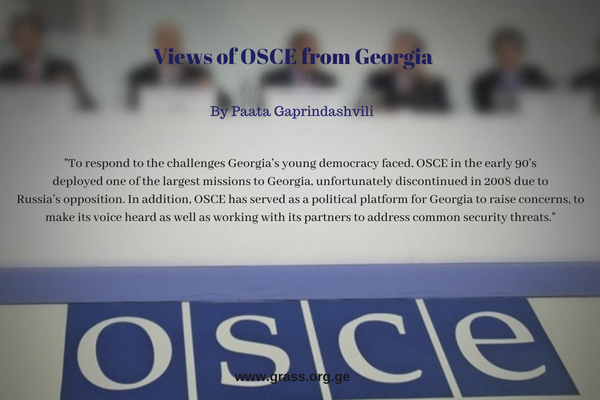Improving the Coordination of European Policies in Georgia Based on the Practices of Visegrad Countries

09 July, 2015
0
Authors: Sergi Kapanadze; Meri Maghlakelidze; Vera Rihackova; Zoltan Galik; Vladimir Bilcik; Paulina Gas; Elene Khoshtaria
This publication discusses different institutional set-ups for EU coordination policies in the four Visegrad countries - Hungary, Poland, the Czech Republic, and Slovakia - and in one EaP country - Georgia. In the process of converging with the EU norms enshrined in the Association Agreements/Europe Agreements, the institutional architecture for European policies in the Visegrad countries played a decisive role. This publication puts emphasis on the coordinating mechanisms, since they served as effective tools in public administration and in driving reforms in these countries. Correspondingly, the Hungarian, Polish, Czech, and Slovak experience is relevant for the EaP countries and for Georgia.
This publication proceeds in the following way: first four chapters discuss the Visegradcountries’ institutional setups in charge of coordinating European policies, publiccommunication strategies, and politically and economically sensitive issues during theimplementation of the Association Agreements/Europe Agreements as well as during theaccession process. Fifth chapter covers the current state of affairs in Georgia’s institutionalarchitecture in terms of European policy coordination. Recommendations for the GeorgianGovernment based on the experience of the Visegrad countries are drawn and the mainchallenges for Georgia’s implementation of the Association Agreement are pointed out.



